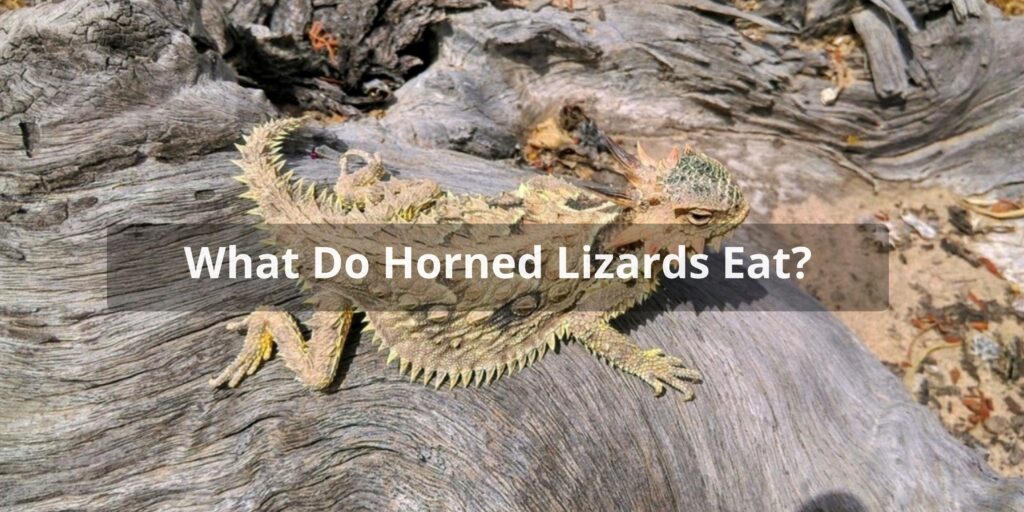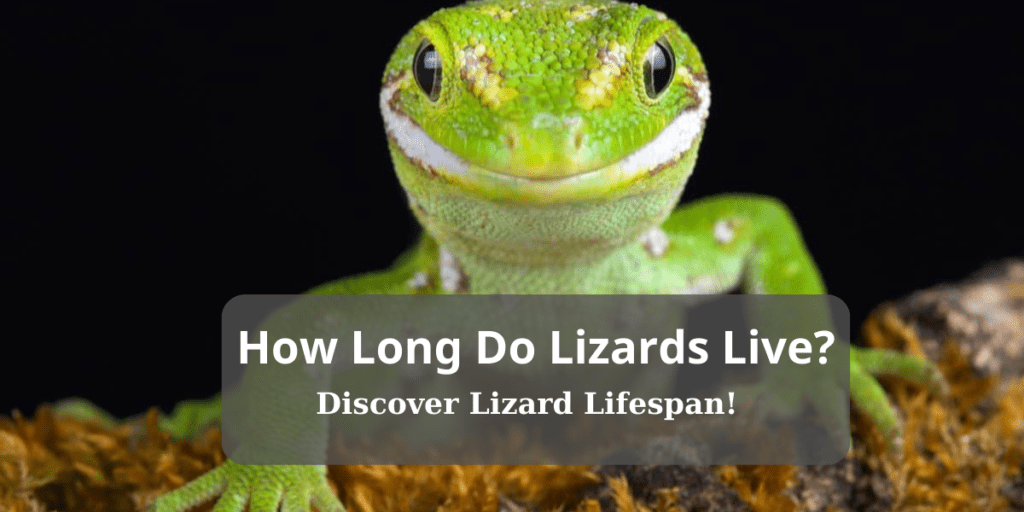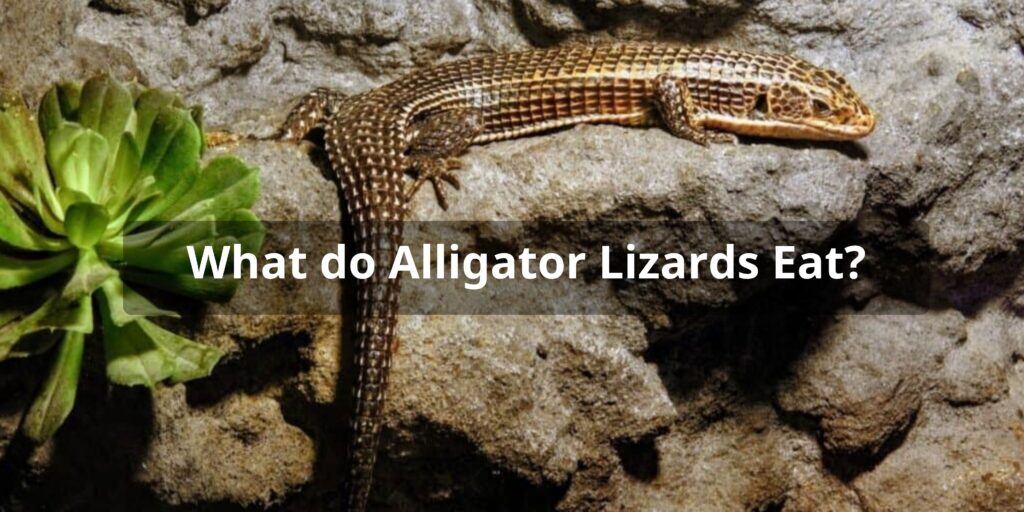Horned lizards are fascinating creatures known for their unique appearance, which includes numerous horns on their head and spines on their back. These reptiles can be found in a variety of habitats, ranging from deserts to grasslands. One of the most important aspects of their care is providing them with an appropriate diet that meets their nutritional needs. In this article, we will discuss the basics of the Horned Lizard diet, essential foods, foods to avoid, feeding guidelines, and hydration needs.
Horned Lizard Diet Basics
Horned lizards, like many other reptiles, are primarily insectivorous. However, they do consume some plant matter, especially as juveniles. The ratio of insects to plant material changes with age, with juveniles requiring more plant-based food than adults. It’s important to note that not all insects are suitable for Horned Lizard consumption. Some insects, such as fireflies, ladybugs, and millipedes, can be toxic to them. The feeding frequency also varies depending on the age and size of the lizard.
Essential Foods for Horned Lizard Diet
Preferred Live Food Options
Horned lizards consume a wide range of live prey items. Some of their preferred options include crickets, mealworms, wax worms, and roaches. It’s important to provide a variety of insects to ensure that the lizard receives a balanced diet.
Safe Vegetables for Regular Intake
Along with live prey, horned lizards also require some plant matter. Vegetables that are safe for them to consume include kale, collard greens, mustard greens, and dandelion greens. These vegetables should be chopped into small pieces and offered in moderation.
Recommended Fruits for Horned Lizard Diet
Fruits are not a significant part of the Horned Lizard diet. However, they can be offered as an occasional treat. Safe fruit options include strawberries, raspberries, and blueberries.
Essential Vitamins & Minerals
Certain vitamins and minerals are crucial for the health of Horned lizards. Calcium is essential for proper bone growth and development. Vitamin D3 is necessary for calcium absorption. Both calcium and vitamin D3 can be obtained through UVB lighting or supplements. Multivitamin supplements should also be offered occasionally.
Foods to Avoid for Horned Lizard
There are several insects, greens, and fruits that Horned lizards should not consume. Some insects, such as ants and beetles, have strong mandibles that can injure the lizard. Certain greens, like spinach and beet greens, contain high levels of oxalates that can bind to calcium, preventing its absorption. Rhubarb and avocado are toxic to Horned lizards and should be avoided at all costs.
Feeding Guidelines for Horned Lizard Owners

It’s important to follow some practical guidelines and rules while feeding horned lizards. Feed them in the morning when they are most active. Offer prey that is smaller than the width of their head. Do not offer prey that is too large, as it may cause impaction. Offer a variety of live prey items once a day for adult lizards, and twice a day for juveniles. Remove uneaten prey after 20-30 minutes.
Understanding Horned Lizard Hydration Needs
Horned lizards obtain most of their hydration from the food they consume. However, it’s still essential to provide a shallow water dish for them to drink from. The bowl should be cleaned and refilled with fresh water daily.
In conclusion, providing a healthy diet is critical to the well-being of Horned lizards. Their diet should consist of a variety of live prey and safe plant material that meets their nutritional requirements. Avoid feeding them toxic insects, greens, and fruits. Follow practical guidelines while feeding and provide a shallow water dish for hydration. With proper care and attention to their diet, horned lizards can live long and healthy lives.
FAQs About Horned Lizards Diet
How often should I feed my pet horned lizard?
Feed Horned Lizards every 2-3 days. Adjust based on their age, size, and activity level. Young lizards may need slightly more frequent meals. Regular feeding and monitoring ensure their health and well-being.
Do horned lizards eat vegetables?
Horned Lizards are primarily insectivores and do not rely on vegetables. Their diet consists mainly of insects and other protein sources. While they might occasionally nibble on greens, insects should form the core of their diet for proper nutrition.
Is it okay to give horned lizards insects only?
While insects are essential, a diverse diet is necessary. Offer a variety of insects like ants, beetles, and crickets. A well-rounded diet ensures they receive the necessary nutrients for their health and vitality.
What types of insects are suitable for them?
Suitable insects include ants, beetles, crickets, and grasshoppers. These insects provide protein and enrichment. Ensure the insects are of appropriate size and sourced from reliable sources to maintain a balanced diet.
Can Horned Lizards eat fruits?
While they primarily eat insects, Horned Lizards might consume small amounts of fruits occasionally. However, fruits should not constitute a significant part of their diet. Focus on offering a variety of insects and other protein sources.
Should I provide calcium supplements?
Yes, provide calcium supplements. Dust insects with calcium powder before feeding to avoid calcium deficiencies and promote proper bone health. Consult a reptile veterinarian for guidance on supplementing.
Can I offer my horned lizard worms?
Yes, small worms like mealworms can be included in their diet. However, worms should not make up the entire diet. Mix them with various insects and occasional fruits to provide balanced nutrition.
How do I ensure a balanced diet for them?
To ensure a balanced diet, offer a variety of insects, occasional fruits, and other protein-rich sources. Regularly monitor their weight, behavior, and overall health. Consulting with reptile experts or veterinarians helps create a tailored diet plan.



